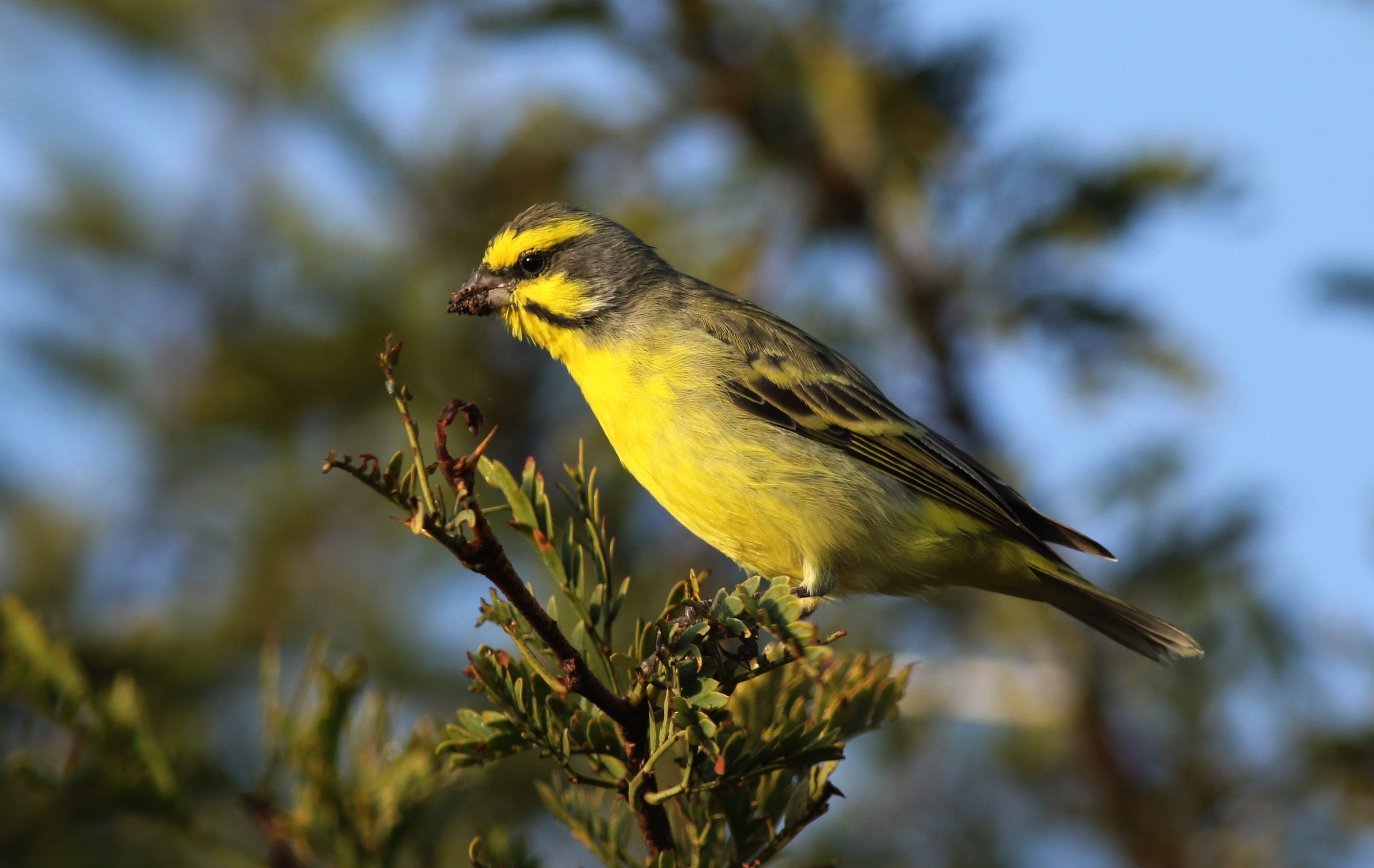
Global trade of wild birds greatly reduced by EU trade ban
The wild bird trade has been occurring around the world for ages, and is the root cause of exotic birds spreading worldwide. Birds are the most traded animals in the world, with Europe historically being the main importer. The consequences of the bird trade can affect both the importing and exporting countries. In the country where the birds are captured, it can cause a loss of biodiversity. In the country where the birds arrive, they can damage the local ecosystem, destroy crops, and outcompete local birds.
In 2005, the European Union (EU) banned the trade of all wild birds. A new study shows that since that time, the trade of wild birds has dropped roughly 90 percent globally. The number of birds traded annually fell from about 1.3 million to 130,000.
Prior to this ban, the countries of Belgium, Italy, the Netherlands, Portugal, and Spain accounted for the import of about two-thirds of all wild birds on the global market. These birds came mostly from West Africa, and almost all wild bird exports involved two groups of birds. Passerines, including the popular pet birds such as the yellow-fronted canary and the common waxbill, made up almost 80 percent of exported birds. Parrots made up roughly 18 percent.
Since the EU trade ban, these numbers have reversed. Currently, passerine birds make up less than 20 percent of the global trade while parrots have increased to almost 80 percent of all traded birds. Parrots are now the most threatened group of bird species, and the bird most likely to establish in countries it is not native to.
Latin America has now taken the reigns from West Africa as the main exporter of wild birds, responsible for over half of all global wild bird exports. Both the United States and Mexico are now much bigger importers, as wild imports in these two countries have increased from about 23,000 to 82,000 annually.
“Worryingly, we document a shift in wild bird trade towards areas with a high biodiversity,” says Luis Reino, from the CIBIO-InBIO Research Centre in Biodiversity and Genetic Resources. “For example, several south-east Asian nations have emerged as important bird importers. These regions are now exposed to a higher risk of bird invasions.”
Reino believes that these results show the importance of a global wildlife trade ban, which would help reduce the number of traded birds and minimize the chances of exotic birds spreading. If anything, the success of the EU trade ban shows that a global ban would likely be effective.
—
By: Connor Ertz, Earth.com Staff Writer
Image Credit: Derek Keats, 2016













